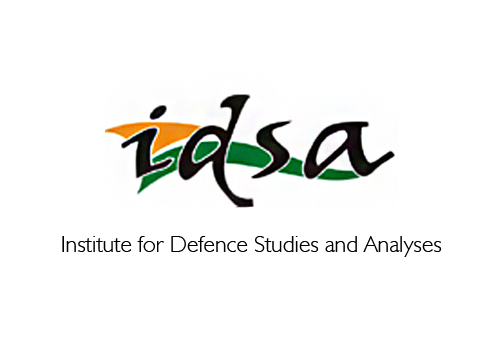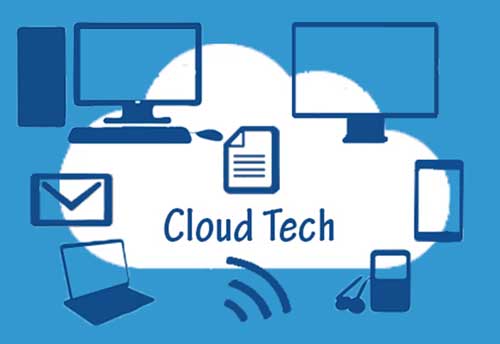Priority Sector Lending: History & Future Targets
Updated: Sep 13, 2023

Priority Sector Lending: History & Future Targets
Priority Sector Lending (PSL) is a crucial component of India's banking system aimed at ensuring financial inclusion and fostering equitable growth across various sectors of the economy. By directing credit flow to underserved segments, PSL plays a pivotal role in uplifting rural areas, agriculture, small businesses, and marginalized communities.
The Genesis Of Priority Sector Lending
Priority Sector Lending originated in India as a policy measure in 1969 with the nationalization of major banks. The objective was to ensure that the benefits of banking services reached marginalized sections of society and sectors crucial for the country's development. Initially, agriculture and small-scale industries were identified as priority sectors, with lending targets set for banks. Over time, the scope of PSL expanded to include other sectors such as micro, small, and medium enterprises (MSMEs), education, housing, renewable energy, and more.
Categories Under Priority Sector Lending
The Reserve Bank of India (RBI) categorizes various sectors into priority sectors for lending purposes. These include agriculture, micro, small and medium enterprises (MSMEs), education, housing, export credit, renewable energy, and weaker sections of society, among others. Each category has a specific target for lending that banks are required to meet.
The Significance of Priority Sector Lending
Financial Inclusion: PSL ensures that individuals and businesses from marginalized sections have access to affordable credit, promoting financial inclusion and reducing income disparities.
Agricultural Development: Agriculture being a vital sector of the Indian economy, PSL ensures that farmers receive adequate credit support for crop cultivation, farm mechanization, irrigation, and other related activities.
MSME Growth: PSL plays a crucial role in promoting the growth of MSMEs, which are the backbone of the Indian economy. It helps them access credit for working capital, infrastructure development, technology adoption, and capacity expansion.
Employment Generation: By focusing on sectors that have a high potential for employment generation, PSL contributes to job creation and poverty alleviation.
Sustainable Development: PSL encourages lending to sectors such as renewable energy, housing for the economically weaker sections, and sanitation, promoting sustainable development goals and a greener economy.
Future Targets For PSL: To adapt to the changing economic landscape and emerging challenges, the RBI periodically revises the targets for PSL. The future targets are set to address new priorities and ensure continued support to underserved sectors. Here are some areas of focus for the future:
Financial Technology (Fintech) Integration: With the rapid growth of fintech in India, the RBI is exploring avenues to incorporate technology-driven lending platforms into the PSL framework. This integration can enhance the efficiency and reach of credit delivery, particularly to underserved areas.
Enhancing Credit Flow To MSMEs: The RBI aims to increase the credit flow to MSMEs and foster their growth by revisiting the loan limits, simplifying the lending process, and encouraging banks to collaborate with non-banking financial institutions to expand credit availability.
Sustainable & Inclusive Development: The future targets for PSL include increased emphasis on lending to sectors such as renewable energy, affordable housing, healthcare, education, and startups. This aligns with the government's focus on sustainable development and fostering innovation.
Strengthening Credit Delivery Infrastructure: The RBI plans to further strengthen credit delivery infrastructure by encouraging the establishment of more specialized branches, extension counters, and digital banking channels in rural and remote areas. This will facilitate better access to credit for underserved regions.
The benefit of TREDs in priority sector lending: Factoring transactions carried out via the TReDS platform, the electronic platform designed to facilitate the financing, and discounting of trade receivables for MSMEs through multiple financiers, can be categorized as PSL. This means that such transactions are considered eligible for PSL classification, which requires banks and financial institutions to allocate a specific portion of their lending to designated priority sectors.
PSL has played a vital role in driving inclusive growth and ensuring equitable distribution of credit in India. By promoting financial inclusion, supporting agriculture, MSMEs, and other priority sectors, PSL lending plays an important role in socio-economic development.
Disclaimer: The author is an expert in Banking & Finance Sector. He is Director of Financial Institution, M1xchange. Views are personal.








 Loading...
Loading...





COMMENTS
Be first to give your comments.